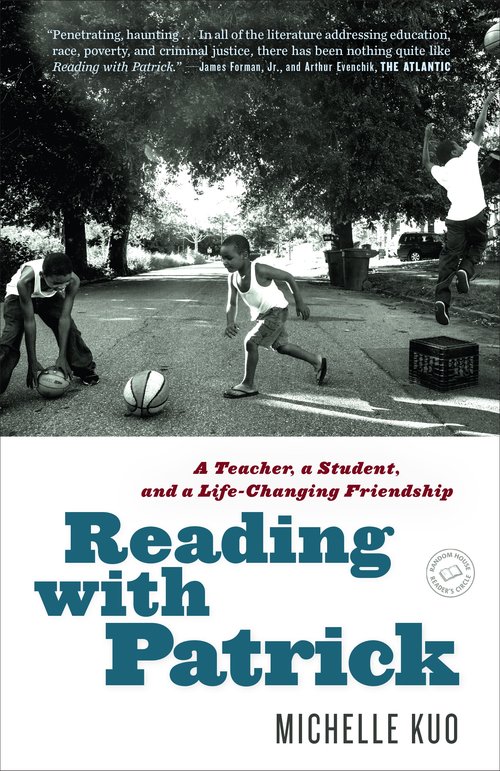The Tenth Muse Catherine Chung (2019)
The nine Muses of ancient Greek mythology, all daughters of Zeus, traditionally provided inspiration for many different arts, from dance and music to history and lyric poetry. Catherine Chung tells us that, in addition to the nine Muses, there was once an unheralded tenth Muse, a woman who “did not wish to sing in the voices of men, telling only the stories they wished to tell. She preferred to sing her songs herself.” (1) The tenth Muse gave up immortality and came to inhabit the bodies of millions of women on earth who told their own stories. This novel is about one of those women, a mathematician of extraordinary abilities who speaks in first-person narration.
Women are distinctly a minority in the field of higher mathematics, where an academic can spend an entire career seeking to solve a single major mathematical problem. The character Katherine in The Tenth Muse comes of age in the 1960s, when mathematics was even more male-dominated than it is today, and she confronts exclusionary policies head on.
Complicating Katherine’s life is her heritage: it’s especially difficult to grow up in the mid-20th century in small-town Michigan when your father is white and your mother is Chinese. Katherine’s parentage turns out to be even more complex than the obvious mixed-race issues presented in her childhood. She’s determined to sort out her ancestry, and a graduate fellowship to study at a German university gives her access to first-hand information.
Katherine’s path, both in her mathematics career and in her ancestry search, winds and twists in unexpected directions. In reading The Tenth Muse, I occasionally thought that the turns of plot were not true to life. But then I remembered my own meandering path in academia, which no one could have predicted at the outset of my career.
Surely it’s not a coincidence that the given name of the narrator of The Tenth Muse is almost identical to the given name of the author of the novel. Novelist Chung holds a degree in mathematics from the University of Chicago, so she knows the field of mathematics, and she draws into the story many real-life mathematicians. But she doesn’t overwhelm ordinary readers; she invokes mathematical terms only in broad strokes, so readers don’t have to drill down with the experts.
Do some of the scenes in The Tenth Muse reflect discrimination and harassment that Chung herself has suffered? Is the novel a call for mathematicians to wake up to the #metoo movement and clean up the discipline? A couple of statements by the character Katherine help to answer these questions:
“I was so used to my perpetual status of outsider that I’d stopped questioning in each situation whether this time it was my femaleness or my Asianness or the combination of both that branded me different. Even now, I feel impatient when asked about what being these things mean to me—the expectation that because my race and my gender are often the first things people notice about me, they must also be the most significant to me. When I die, I know the first sentence in my obituary will read, ‘Asian American woman mathematician dies at the age of X.’” (162)
“Here was the problem: I was ambitious. I wanted a career. I wanted accolades and validation. More than anything, I wanted to do something that mattered. At a time when it was unseemly for a woman to want these things (is it really so accepted now?), I wanted them desperately. I went after them openly.” (233)
In one scene, when young Katherine meets a female Nobel laureate, the older woman says to her, “’Life’s not fair . . I could have spent my time fighting the unfairness of it all, or I could dedicate my time to science. There wasn’t time for both.’” (119) This is the quandary that many women face.
I’ve reviewed quite a few books about exceptionally bright women, including Chemistry by Weike Wang, Manhattan Beach by Jennifer Egan, The Idiot by Elif Batuman, and Today Will Be Different by Maria Semple.




